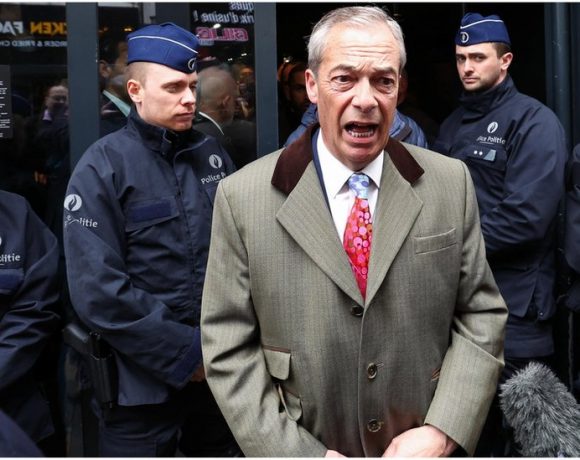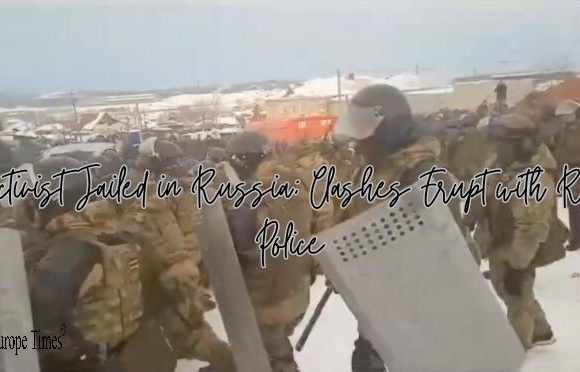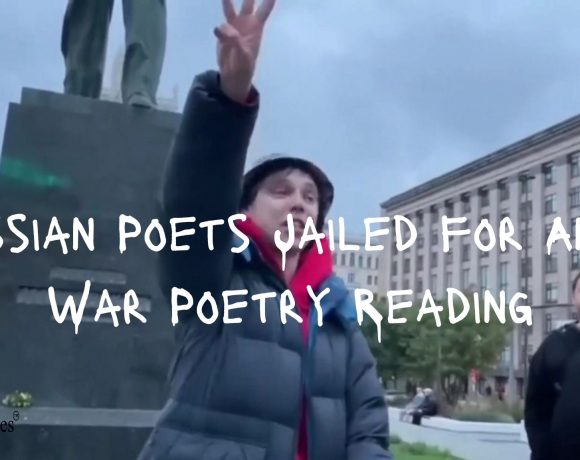
Brussels police are enforcing an order to shut down the National Conservatism Conference, preventing further entry of guests. Concerns over public safety prompted local authorities to oppose the event, which aimed to gather right-wing politicians like Nigel Farage and Hungarian Prime Minister Viktor Orban, along with figures such as former UK Home Secretary Suella Braverman and French politician Eric Zemmour. Organized by the Edmund Burke Foundation, the conference advocates for traditional values and opposes European integration.
The mayor expressed concerns over some attendees holding anti-gay and anti-abortion views, stating that the far right is unwelcome. The conference began as scheduled but was interrupted by police, leaving attendees unable to re-enter and facing limited access to necessities. Farage criticized the decision to close the event, condemning it as an infringement on free speech.
French politician Eric Zemmour, denied entry, accused the mayor of using the police to suppress European participation. Organizers vowed to challenge the closure, highlighting the peaceful nature of the event. The conference, originally planned to accommodate 850 people, had around 250 attendees. This was the third venue attempt, as previous locations backed out due to pressure from an antifascist group.
Picture Courtesy: Google/images are subject to copyright


